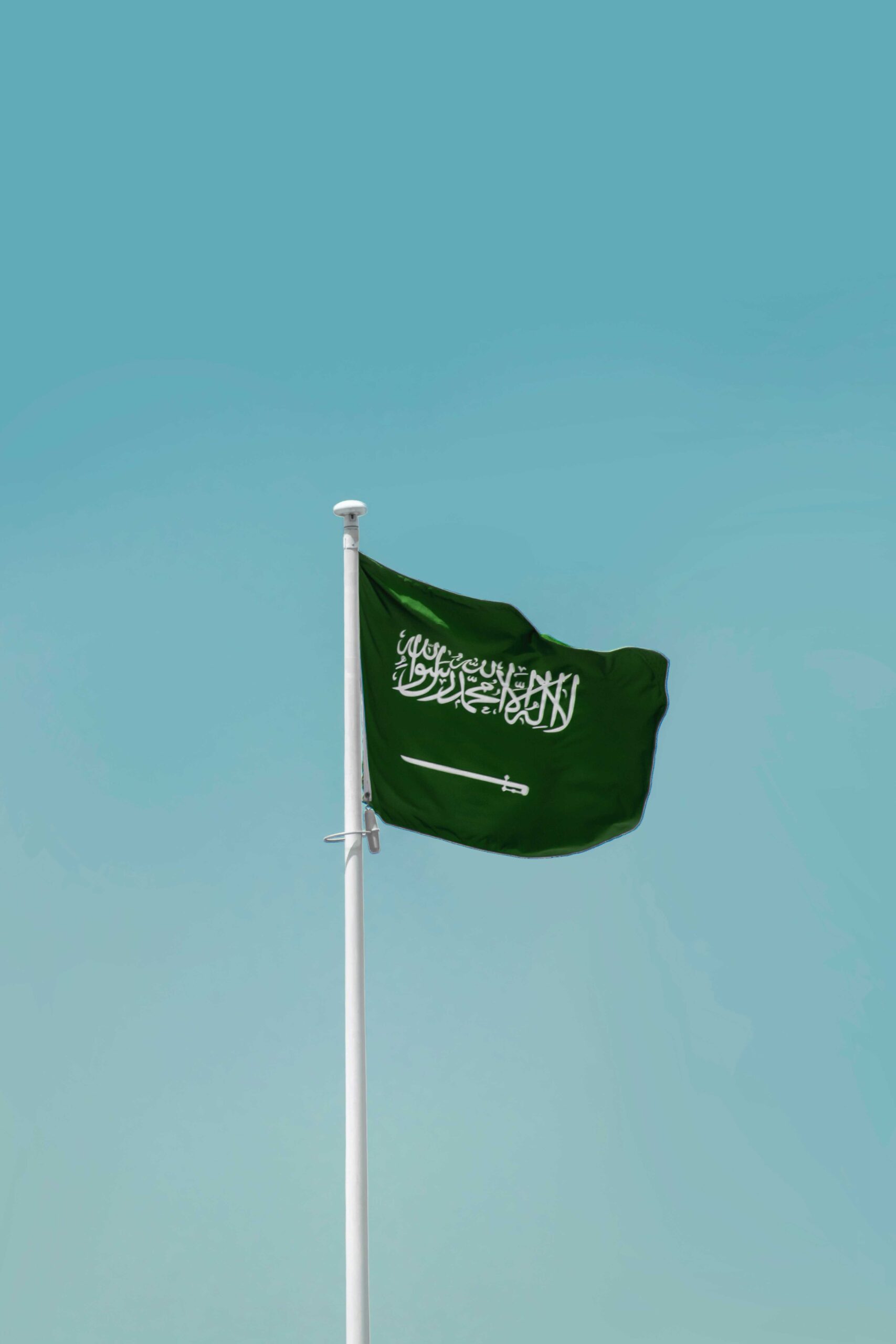Saudi Arabia has reclaimed its position as one of the world’s top five military spenders, increasing purchases for the kingdom’s armed forces by 16 percent in the last year, according to a report by the Stockholm International Peace Research Institute (Sipri). The report reveals that Saudi Arabia ranks fifth globally in military spending, accounting for more than three percent of the worldwide share.
In 2022, Riyadh’s military expenditure reached an estimated $75bn, up from $55.6bn in 2021, representing over seven percent of the country’s gross domestic product. The Middle East as a whole saw military spending rise to $184bn in 2022, an increase of 3.2 percent from the previous year. The surge in Saudi Arabia’s military expenditure coincides with increased revenues from oil sales, enhancing the kingdom’s purchasing power.
The United States remains the largest supplier of weapons to Saudi Arabia, with active government-to-government sales under the foreign military sales (FMS) system amounting to $126bn. Despite concerns over human rights abuses, military sales to the kingdom have continued largely without hindrance.
In an effort to scrutinise Saudi Arabia’s human rights record and potentially halt US security assistance to the kingdom, Democrat Chris Murphy and Republican Mike Lee introduced legislation last month, urging President Biden’s administration to report on the matter. In addition to acquiring hardware and equipment, Saudi Arabia has also sought US military expertise, hiring retired American military officers as contractors or consultants.
Although President Biden initially vowed to treat Saudi Arabia as a “pariah” state for its involvement in the killing of journalist Jamal Khashoggi, his administration has adopted a more balanced approach, simultaneously reprimanding and seeking to repair relations with the kingdom. Meanwhile, Saudi Arabia appears to be pursuing an independent foreign policy, recently signing a China-brokered deal to re-establish ties with its adversary, Iran – a move some analysts consider a significant moment for the region and China’s geopolitical influence.
Image Credit: aboodi vesakaran on Unsplash



















